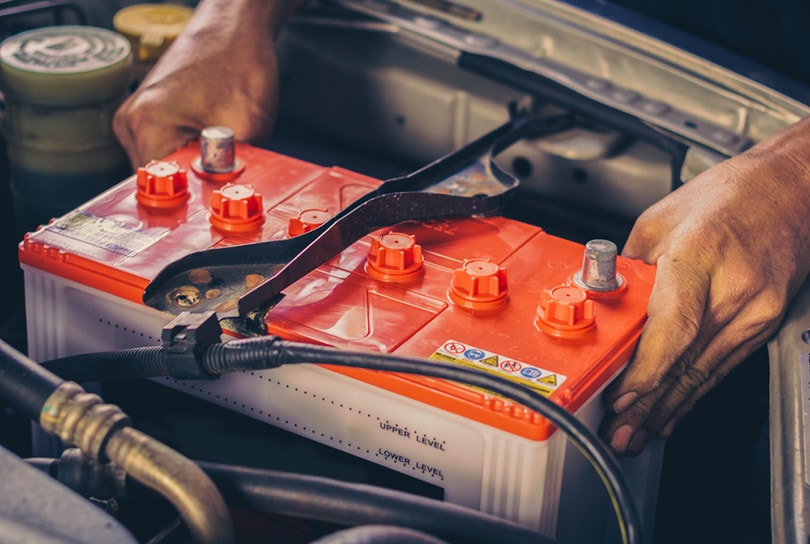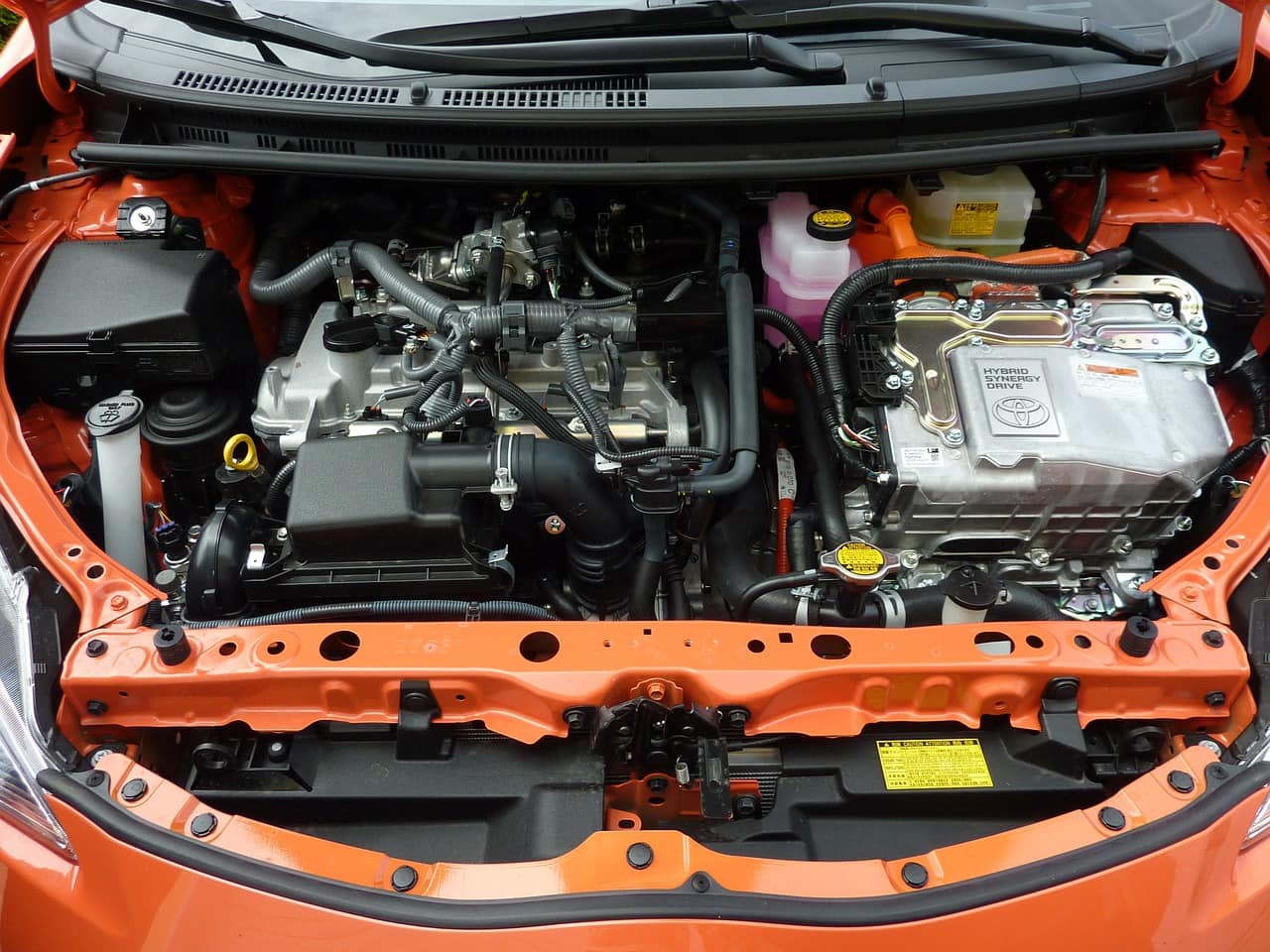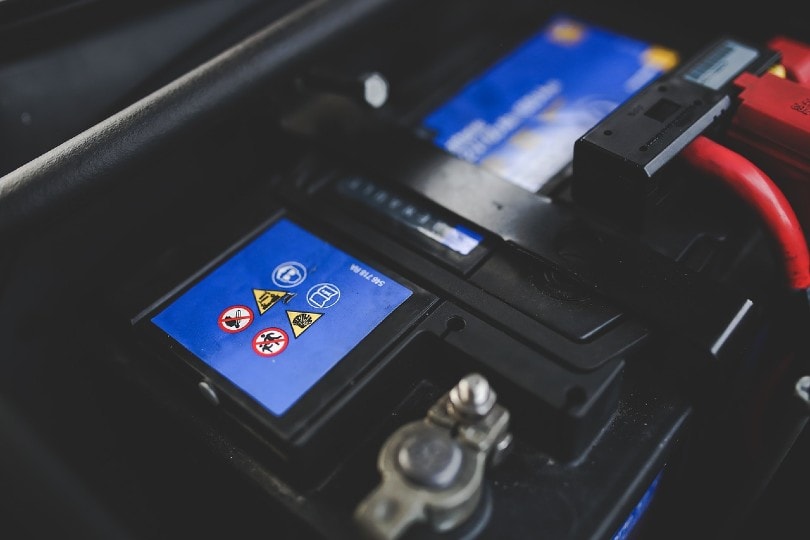Can a Car Battery Be Too Dead to Jump Start?
-
Pete Ortiz
- Last updated:

Nothing is worse than getting into your car, turning the key, and nothing happens. The accessory lights not turning on is your first clue something is wrong. Of course, your next task is to find a friend to help you jump-start it. What does it mean if that doesn’t do the job? Has your battery reached the end of its life? The short answer is yes. Let’s start with making sure that the battery is indeed the problem.
 Troubleshooting the Process
Troubleshooting the Process
Not starting isn’t always diagnostic. It may not tell you what’s wrong. It’s kind of like having a stomachache. Anything can cause this issue. The clue is that it’s an electrical issue is the other things that accompany it. No lights are a sure sign. If they come on, but the engine doesn’t turn over, you’re probably looking at a bad starter. It could also mean your ride is out of gas.
Note whether it’s hard to turn the key. That could mean a shot ignition switch. If you hear a clicking sound, it could be the battery or dirty terminals, the latter of which is an easy fix. If you noticed your battery light going on before your car finally died, it’s likely an alternator that has gone bad. That would tap your battery, making it hard, if not impossible, to start. Other causes include:
- Clogged fuel filter
- spent spark plugs
- Flooded engine
- Bad fuse

Types of Batteries
A car battery’s job is to start the engine. The alternator takes over to maintain its charge. The type has a direct role in whether you can jump-start it. A flooded lead-acid battery has two charged plates with a sulfuric-acid solution between them. They will charge quickly and are affordable. The downside is that they won’t last as long as other batteries.
A valve-regulated-acid battery (VRLA) or sealed-lead-acid (SLA) needs less maintenance. They are also fast charging. The problem that these options have is that you must pay attention to the charge cycle. You’ll tap a battery’s lifespan if you discharge it below 50% repeatedly. The other option is a lithium battery which you can take down to 10% with no loss of performance.
Limited Lifespan
It’s essential to understand that batteries don’t last forever. Many factors affect its lifespan, from usage to the climate to the type. You can expect to get about five years out of an automotive battery. A lithium product may last up to ten years. How you maintain and use your battery will affect whether you can jump-start your car.

What to Do If You Can’t Jump Start Your Car
If you’ve determined it is a battery issue, begin with cleaning the terminals, especially if it’s not old. Simply knocking off any debris or rust can get you on the road again. Make sure that you’re jump-starting your car correctly. Determine if the jumper cables are connected tightly. If the engine turns over, give it some time to get a charge to get you home—or to the auto shop.
If you still can’t get it started, it’s time to let the pros handle it. It may be another issue causing your car not to start. However, it can also mean the battery is done. A shop can run the diagnostics to determine what the problem is. Vehicles are a lot more complicated these days. It’s the tradeoff we pay for having safer ones to drive.
Final Thoughts
Car batteries don’t last forever, even in electric vehicles. Usage and environmental factors can affect their lifespan. It isn’t as much a matter of a battery being too dead as one where it isn’t capable of holding a charge anymore. We suggest paying attention to any electrical issues and troubleshooting any problems as soon as you notice them. It’s a better option than being in a car with a dead battery.
Featured Image Credit: 13_Phunkod, Shutterstock
Contents

 Troubleshooting the Process
Troubleshooting the Process